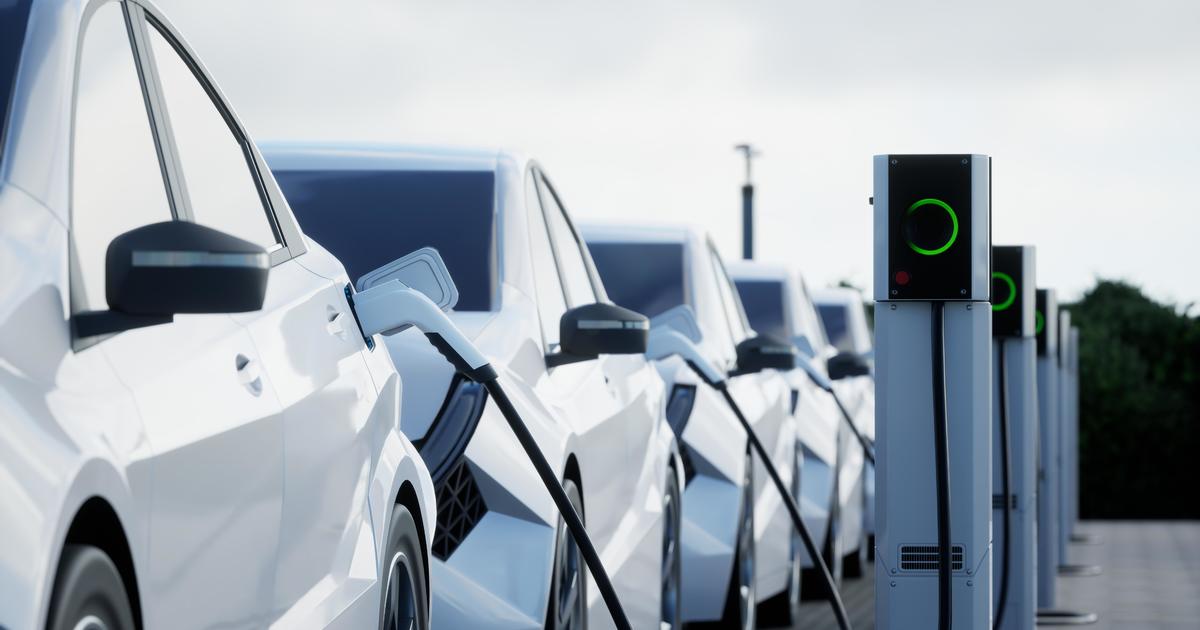UM-Dearborn Conference: Self-Driving Cars Coming Soon
When it comes to distracted driving, it turns out driving is the real distraction.
So why not remove the driver from the automotive equation? Or at least give the driver that option?
That day, when cars drive themselves, is closer than you may think, according to speakers at the WAVE (Wireless Access in Vehicular Environments) conference, held Wednesday at the University of Michigan-Dearborn.
General Motors has already created a truck that drove a 60-mile urban course without a driver, winning the $2 million Defense Advanced Research Projects Agency's Urban Challenge a few years back.
And more recently, GM has introduced the EN-V, or electronically networked vehicle -- small, electric-powered two-seaters that automatically detect road conditions ahead and react to them -- stopping if someone pulls out in front of the car, for instance.
And they don't even require access to the Internet, which is part of what Wednesday's conference was all about.
Steve Underwood, director of the Connected Vehicle Proving Center at UM-Dearborn, said cheap wireless access provided through smartphones means the Internet will be everywhere, including in vehicles. And that means smart cars, smart electric vehicle charging, smart intersections and smart road signage.
Underwood also said that when Detroit hosts the 2014 Intelligent Transportation Systems World Congress -- a huge gathering, with 10,000 experts expected -- Detroit will "show them a smartphone on wheels."
Larry Burns, professor of industrial and operations engineering at UM Ann Arbor, said autonomous vehicles will allow cars to be far safer and more energy efficient than today's models.
As it turns out, Burns said, only 1 percent of the energy of a gallon of gas is used to move the driver of the car. (Some 75 percent is lost in heat and most of the rest is used to move 3,000 pounds of car, not the driver.) But if cars have autonomous that means they never crash, they can be made of far lighter materials, allowing far greater energy efficiency.
Burns also pointed out the global trend toward urbanization -- in 2007, for the first time in human history, more than half the world's population lived in cities, a figure that is predictd to top out at 70 percent. And the average vehicle speed in cities, Burns said, is 15 mph. The auto industry has to jump on those trends, Burns said.
Burns noted that when it comes to distracted driving, "it turns out driving is the distraction. Who would possibly be texting behind the wheel of a 3,000-pound car going 70 mph unless they thought texting was the most important thing?"
And Burns predicted that autonomous cars will be popular even if they're more expensive initially -- because people will be able to work while they travel.
Burns said those pushing integrated, connected vehicles need to study how the information Internet evolved -- through inexpensive, desirable devices required to use it (laptops and desktops) that provide access to appealing new services (there's an app for everything), open standards and interoperability, and complex combination of public and private investments that created a "snowballing" process.
James Barbaresso, organizing committee chairman, 2014 ITS World Congress, talked up the event and asked for help planning it, saying ITS Michigan wants to show off the absolute latest and greatest in connected vehicle technology at the show.
"The major focus will be Michigan's connected vehicle programs," he said. "We have tons of connected vehicle test beds here in Michigan."
Sara Blackmer, defense business development manager with the Michigan Economic Development Corp., talked about robotics opportunities for Michigan, and how autonomous vehicle technologies apply in military tasks like explosives detection and disposal.
There are also opportunities for autonomous vehicle technologies in powering military technology.
She said Michigan's strengths in robotics include Lake Superior State University, one of only three universities in the country that offer a robotics concentration in an undergrdauate engineering degree, and the U.S. Army's Tank-Automotive Research, Development and Engineering Center in Warren, now the home of all Army robotics research.
She said goals for the 2014 ITS meeting should include ferrying conference attendees from Cobo Center to their hotels by autonomous vehicle.
Steve Cook, operations engineer for intelligent transportation systems with the Michigan Department of Transportation, described the state's connected vehicle initiatives -- everything from collecting data through the state's vehicle fleets to collecting information on roads. Included in the data-gathering is accelerometer monitoring in state vehicles to a slippery road detection program using state vehicles to sophisticated monitoring on the Mackinac Bridge.
Taso Zografos, program manager at SAIC, talked about the federal Department of Transportation's efforts to create a world where vehicles talk to each other and to the road -- say, to automatically keep the right speed to make it down a road with a given amount of traffic in the most efficient manner possible.



